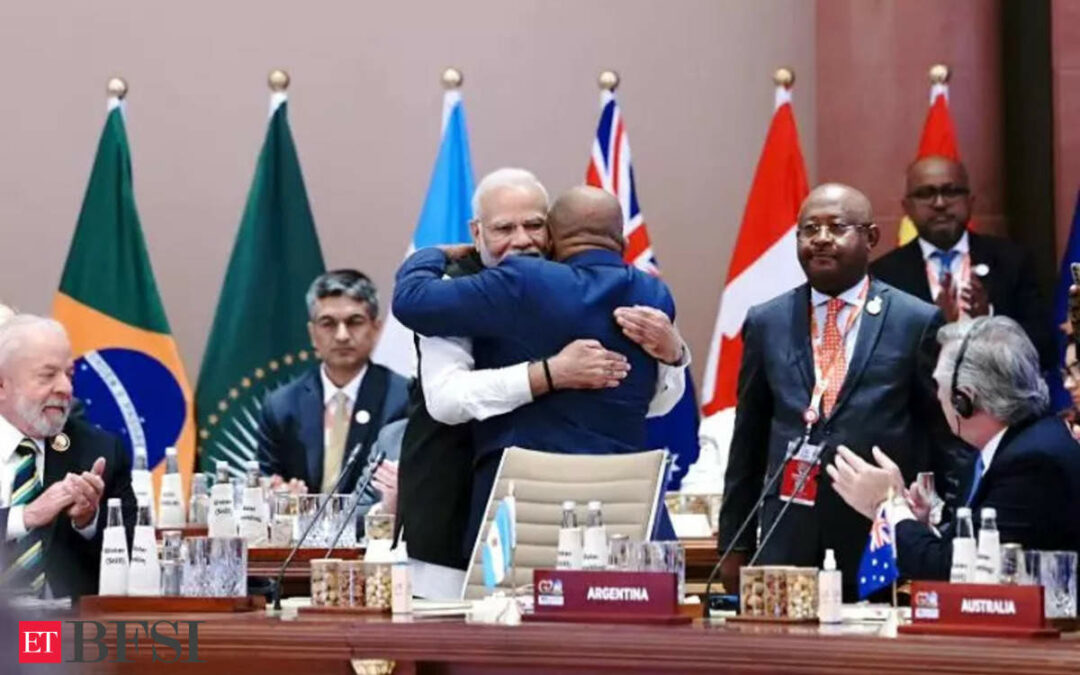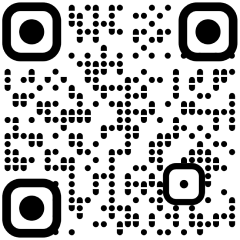NEW DELHI: It’s official now. After trying to get a seat at the the G20 table for many years, the African Union formally assumed its position as a new member of the G20 on Saturday, following an invitation from the summit host, Prime Minister Narendra Modi. It is the first expansion of the influential bloc since its inception in 1999.
“In keeping with the sentiment of sabka saath (taking along everyone), India had proposed that the African Union should be given permanent membership of the G20. I believe we all are in agreement on this proposal. With your agreement (he banged the gavel thrice)…,” PM Modi said while inviting AU chairperson Azali Assoumani to take the seat as a full member of the G20.
“Honoured to welcome the African Union as a permanent member of the G20 Family. This will strengthen the G20 and also strengthen the voice of the Global South,” PM Modi later posted on X along with a video of his announcing that the African Union has become a permanent member of the G20.
In recent years, India has strategically positioned itself as a prominent advocate for addressing concerns, challenges, and aspirations of the Global South, particularly the African continent.
Prime Minister Modi has been at the forefront of advocating for the African Union’s (AU) inclusion as a member of the G20. In June, Modi penned a letter to G20 leaders, strongly advocating for granting full membership to the AU within the grouping, a proposal that was subsequently incorporated into the draft communique for the summit during the third G20 Sherpas meeting held in Karnataka’s Hampi in July.
Here is all you need to know about Africa Union:
The AU is an influential organisation comprising 55 member states that make up the countries of the African continent.
At full strength the African Union has 55 members, but six junta-ruled nations are currently suspended. Collectively it has a GDP of $3 trillion with some 1.4 billion people.
With G20 membership, the AU can represent a continent that hosts the world’s largest free trade area and possesses abundant resources crucial for combating climate change. Africa’s contribution to global emissions is relatively low, yet it bears the brunt of climate impacts.
Africa holds 60% of the world’s renewable energy resources and over 30% of the minerals essential for renewable and low-carbon technologies. For example, Congo alone possesses nearly half of the world’s cobalt, a critical component in lithium-ion batteries, according to a recent United Nations report on Africa’s economic development. African leaders are eager to move beyond resource extraction and processing and foster more industrial development within the continent to boost their own economies.
The African Union has been advocating for substantial roles within global organizations that have traditionally represented a now-dated post-World War II order. This includes the United Nations Security Council, where they seek meaningful participation. Additionally, they are calling for reforms in the global financial system, including institutions like the World Bank, which has historically imposed higher borrowing costs on African countries, exacerbating their debt burden.
(With inputs from agencies)










